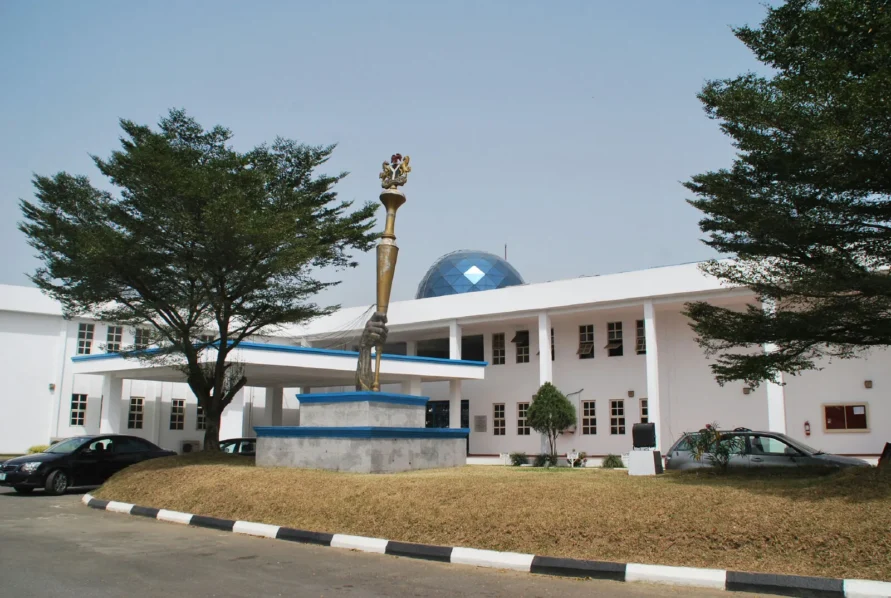
James Onoja, a Senior Advocate of Nigeria and counsel for Rivers State lawmakers, has detailed the recent court verdict preventing the Central Bank of Nigeria (CBN) from disbursing funds to the Rivers State government. Speaking to journalists, Onoja highlighted the court’s rigorous analysis, lauding it as a decision grounded in constitutional law despite substantial public debate and opposition.
“This judgment underscores the authority of the constitution in state financial governance and mandates that funds must not be spent without a properly passed appropriation bill,” Onoja stated.
READ MORE: Court stops CBN from allocating funds to Rivers
The court’s decision rests on sections 120-123 of the Nigerian constitution, which require legislative approval for state expenditures. According to Onoja, the judgment by Justice Omotosho—and affirmed by the Court of Appeal—found that the Rivers government’s budget was not legally approved, a lapse which constitutionally prohibits the state from accessing consolidated funds.
“The law is clear that any government expenditure demands an appropriation bill passed by the House of Assembly. With no approval in over six months, the state cannot legally draw from public funds,” he explained.
Onoja further clarified the case’s constitutional basis by contrasting it with a similar dispute under former Lagos State Governor Bola Tinubu. When Tinubu created additional local governments, then-President Olusegun Obasanjo withheld funding to these new localities, leading Lagos to challenge the President’s authority in court. The court, however, ruled that Obasanjo could not unilaterally stop local government allocations. In the Rivers case, however, the Governor is alleged to have spent public funds for nearly a year without an approved Appropriation Act—a constitutional breach, Onoja noted, which led the All Progressives Congress (APC) to challenge the state’s actions. The court has now ordered the state to submit a proper budget to the Assembly, prohibiting further government spending until compliance.
READ MORE: Ijaw group calls for calm over court ruling on Rivers allocation
The ruling also sheds light on the Governor’s contentious withholding of local government allocations and unpaid salaries within the State Assembly Service Commission. For five months, the Governor withheld allocations to 21 local government areas and ceased payments to 27 assembly members and their aides for over a year amidst a political crisis.
“It’s worthy to note that this same Governor like President Obasanjo unilaterally seized 21 LGAs monthly allocation for five months and has stopped paying state assembly service commission staff and the 27 members and their aides for 12 months, since the crisis started.
“The judgement is the law in a democratic society. The 27 Member Assembly is authentic until the Federal High Court and court of appeal judgments are set aside by the Supreme Court,” Onoja concluded.






